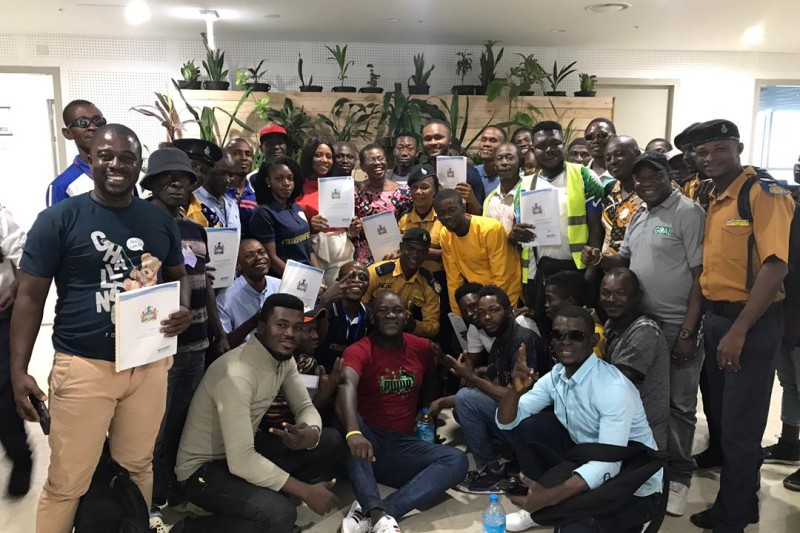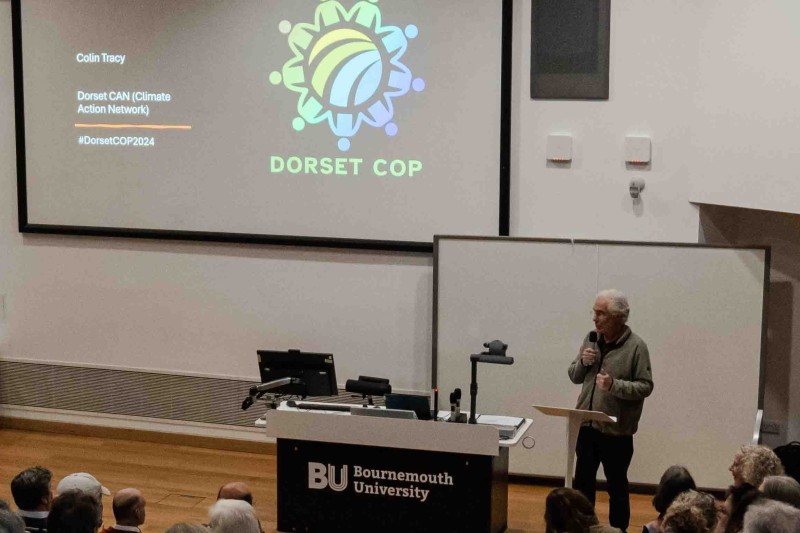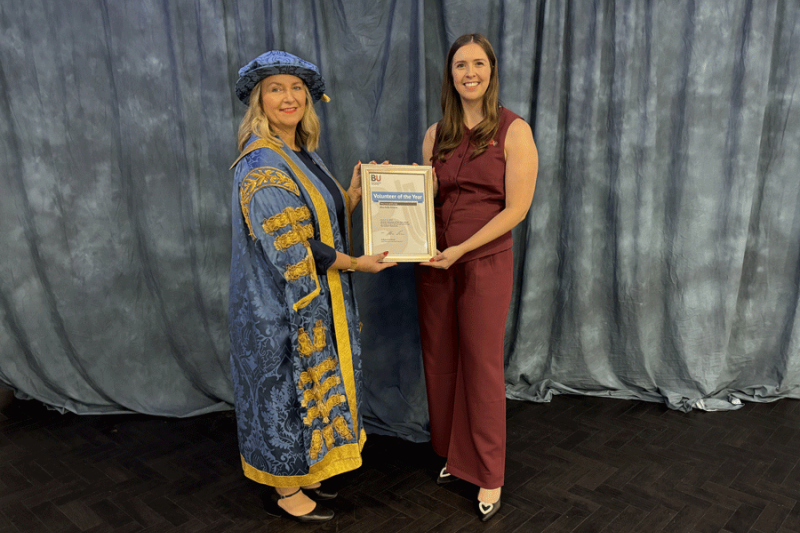Professor Lee Miles has contributed significantly to the development of new procedures for the local authorities in Sierra Leone to handle emergencies and disasters at large dumpsites and waste collection sites in the capital city of Freetown.
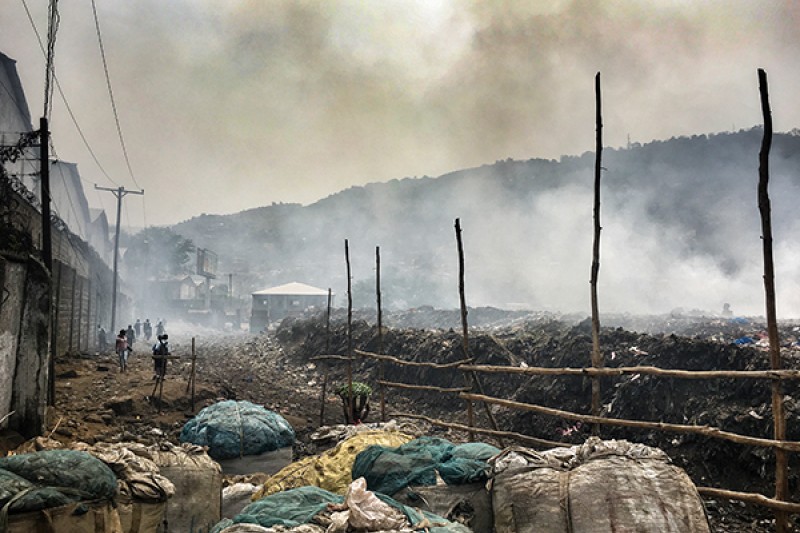 Smoking landfill site in Freetown
Smoking landfill site in Freetown"Fires are one of the most pressing and rapidly emerging threats to Freetown’s population of well over one million people,” explained Professor Miles from the university’s Disaster Management Centre. “Regular uncontrolled fires reap havoc across city. They are a constant threat to local communities, where some of the city’s poorest people live and work. Last year alone there were well above forty major fires in the city,” he added.
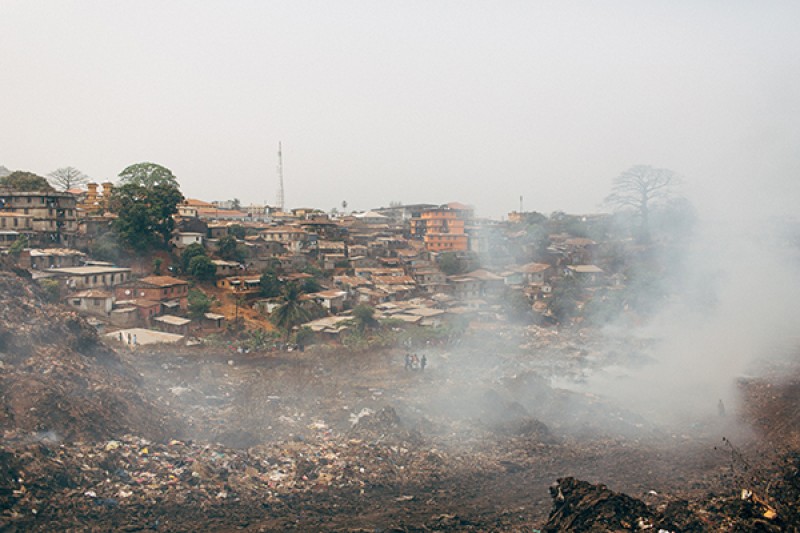
With the onset of climate change impacts, Freetown’s emergency services are under constant pressure, challenging the ability of the city to meet United Nations Sustainable Development Goal (UNSDG) targets. In particular, the vulnerability of the two large dump sites (Kingtom and Kissy), located in middle of the capital, to urban fires, has been specifically identified as being of major concern. Chemical, biological or waste induced fires could spread rapidly across the city from these sites and represents a real danger.
The new Standard Operating Procedures (SOP) were launched officially at a major event on 28 July, involving police, firefighters, non-governmental organisations and key municipal staff employed at the dumpsites and waste transfer stations working across the city. They aim to enhance the resilience of the city’s waste and sanitation management, particularly in relation to handling emergencies and disasters affecting the city’s huge dumpsites.
The SOP draws upon results and recommendations from the Driving African Capacity Building in Disaster Management (AFRICAB) project led by Professor Miles. The project was funded by the UK Government’s Global Challenges Research Fund and partnered the university’s Disaster Management Centre, Freetown City Council and Sierra Leone’s National Disaster Management Agency.
“There are specific sections in the SOP that highlight the main hazards and single points of failure that waste and disaster managers should address,” said Professor Miles.
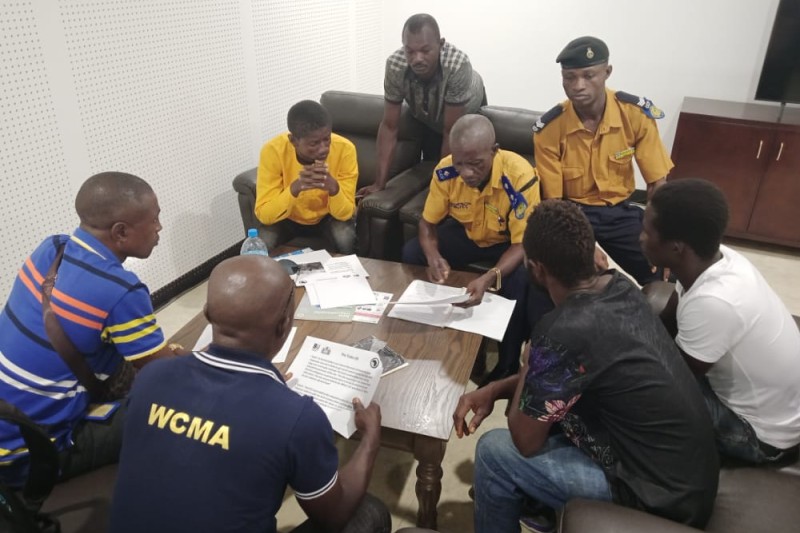 Local authority staff and emergency service workers discuss the new disaster management procedures
Local authority staff and emergency service workers discuss the new disaster management proceduresThe SOP is part of Freetown City Council’s plans to significantly improve management and safety of waste collection and disposal across the city. The SOP launch was alongside two-days of practical fire-fighting training for workers at all dumpsite and transfer stations.
“These procedures will help the local authorities in Freetown build more capacity to protect their staff as well as citizens from the risk of serious fires and respond to them quickly when they do occur,” said Professor Miles. “They will help strengthen the city’s resilience and reduce the impact on people’s livelihoods as well as air pollution on the environment,” he concluded.
James M. Sesay, the supervising manager for Freetown’s dumpsites and transfer stations commented:
"The expertise of Professor Miles, along with the results from the AFRICAB project completed in 2021, have provided a major contribution to shaping the new Standard Operating Procedures that are being launched by Freetown City Council in 2022. Understanding the main hazards and single points of failure that can challenge the effectiveness of handling emergencies and disasters at the city’s dumpsites and building this understanding into our new procedures represents a major step forward. It will enhance the ability of staff and stakeholders to keep the dumpsites and transfer stations safe and secure as best they can in these challenging times of climate change."
